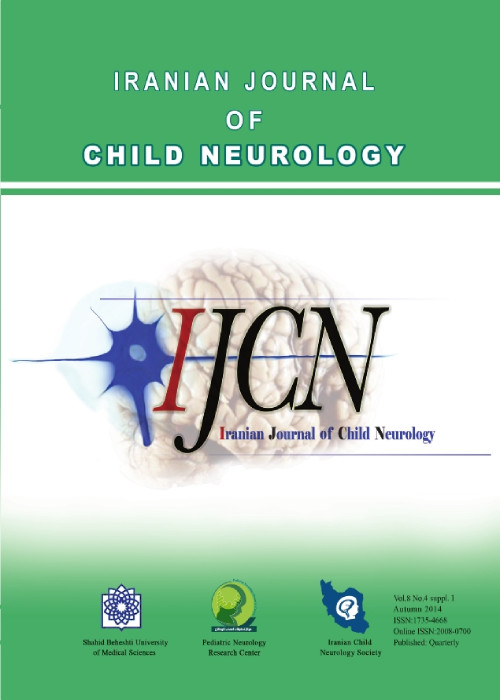Comparison Definitional skills in school age children with cochlear implants and normal hearing peers
The auditory experience is important because makes a major contribution to the development of speech, language, cognitive and social skills. Knowledge of the lexicon grows and develops throughout human-being's life. Input factors, Linguistic and metalinguistic knowledge are effective factors in the acquisition of definitional skills. This study aims to investigate definitional skills in cochlear-implanted (CI) children and their typically developing (TD) peers.
A total of 46 children in third-grade primary-school (16 with cochlear implants and 30 their matched typically normal) were recruited. Verbal definitional task included 14 common high-frequency nouns and 11 common high-frequency verbs. All definitions were scored for both content (semantic) and grammatical form. Statistical analysis was conducted to compare definitional skills between two groups.
There were significance difference between CI children and their TD peers for word definition skills in both categories of content and form (p<0.001). The results showed the mean scores of content and form related aspect of word definition in the TD group were approximately twice higher than the CI ones (respectively: M±SD=133±28 ; M±SD= 78±23).
Children with CI may have trouble in definitional skills. It seems potential cause for lower scores of CI children in definitional skills was lack of auditory experience. Implication for assessment of and intervention for definitional skills in CI children is suggested.
- حق عضویت دریافتی صرف حمایت از نشریات عضو و نگهداری، تکمیل و توسعه مگیران میشود.
- پرداخت حق اشتراک و دانلود مقالات اجازه بازنشر آن در سایر رسانههای چاپی و دیجیتال را به کاربر نمیدهد.



